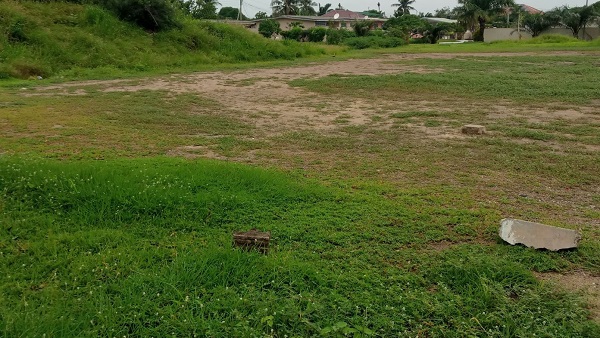The Minister of Finance, Ken Ofori-Atta, has announced that the government, in partnership with the National Service Scheme (NSS) Secretariat, has secured about 20,000 acres of farmland to drive interest in agriculture among the youths.
During his presentation of the 2023 mid-year budget review, the finance minister highlighted the commitment of the government to promoting agriculture among the youth as part of measures geared toward increasing food production.
“In partnership with the National Service Scheme, about 20,000 acres of land in Sekyere Kumawu in the Ashanti Region is being developed to accelerate maize, tomato, groundnuts and animal production,” he said.
This development would go a long way to complement the flagship Planting for Food and Jobs (PFJ) and Rearing for Food and Jobs (RFJ) initiatives.
The NSS Secretariat, over the past few years, has ventured into innovative partnerships with different organisations, both private and public, to develop skills of personnel in different areas while also addressing the gulf between academia and industry.
For instance, the NSS in 2022 ventured into the building sector in partnership with Ghana Education Trust Fund (GETFund) in attaining low-cost housing for the nation in what was described as a game-changer by the Education Minister, Yaw Osei Adutwum, though it’s yet to yield results.
Also, in 2021, the NSS, in partnership with the University of Professional Studies, Accra (UPSA) and Innohub – a business accelerator that supports small and growing businesses, signed a Memorandum of Understanding (MoU) to officially commence the UPSA Venture Lab Entrepreneurial Programme.
The agric project adds to the list of various initiatives to assist graduates to develop their skills and become self-employed.
The PFJ, he said, has directly contributed to increased crop yields for major food staples, such as maize, rice and soya by 135 percent, 67 percent and 18 percent respectively, and that the partnership with the NSS will see more youths venturing into agriculture.
Additionally, he revealed that after a comprehensive review of the PFJ programme, the government is finalising phase II to ensure more efficient and targeted support for the agricultural sector. The key elements of phase II include inputs credit system (ICS), storage and distribution infrastructure (SDI), commodity trading, and digitised platforms.
“Planting for Food and Jobs has brought substantial improvements in Ghana’s agriculture sector. This has resulted in increased food security, employment along agricultural value chains, and accessibility of raw materials for developing industries,” he mentioned.
Furthermore, Ken Ofori-Atta mentioned that the government is also building the capacity of the youth in agriculture through the GhanaCARES ‘Obaatan Pa’ programme.
“I can report that efforts toward promoting commercial agriculture, building technological capability, and advancing digitalisation under the GhanaCARES programme are on track,” he added.



